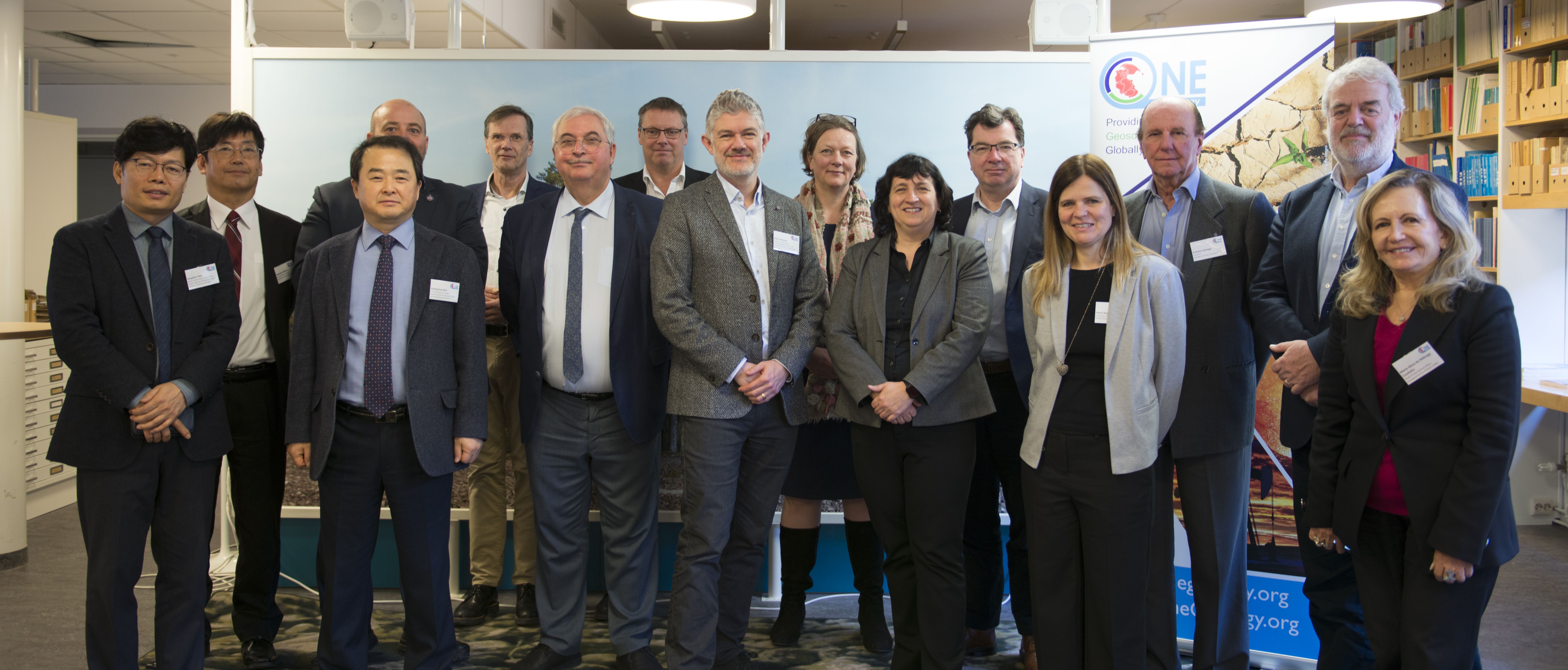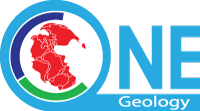How are we doing it?
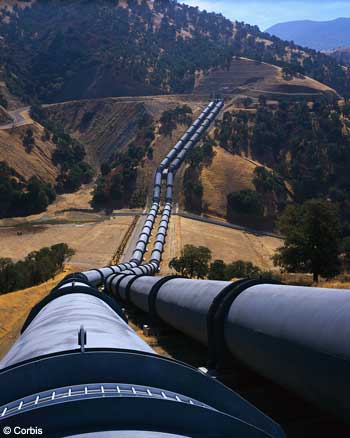
The project is a truly multinational and multilateral venture. It involves many different stakeholders working together:
- the network of geological surveys around the world
- the international umbrella organisations of the Commission for the Geological Map of the World (CGMW)
- the International Union of Geological Sciences (IUGS) including its Commission for the Management and Application of Geoscience Information (CGI)
- the United Nations Educational Scientific & Cultural Organisation (UNESCO)
The concept is to build a distributed model: a dynamic set of geological and other geoscience data served mostly on a national basis by individual geological surveys and other institutions (e.g. academia, industry) or bodies (e.g. the polar and marine surveys and research bodies) to a web portal and as such are frequently updated and improved by them and reflect the most up-to-date data they possess.
To achieve its goals, the project team is combining state-of-the-art skills in geoscience data modelling and information management with worldwide expertise and experience in lithological and stratigraphical classification.
The project is obviously closely interlinked with the IUGS's Commission for the Management and Application of Geoscience Information (CGI) and in particular its work on a global data model and interchange standard (GeoSciML) that was recently accepted as an OGC standard.
Timeline
The OneGeology kick-off meeting was held in Brighton, UK, in March 2007. A total of 81 geoscientists from 43 countries across the world gathered to consider a proposition: would they be prepared to collaborate to create a global geological map dataset? The answer was a resounding 'yes' and the proposition became an initiative, known as 'OneGeology'. The Brighton meeting produced a unanimous Accord that provides the governance, technical and political essentials for OneGeology.
Since Brighton, an international governance structure has been agreed in detail, and a Memorandum of Understanding has been signed with the CGMW.
Brighton resulted in a large amount of interest from prospective participants, engagement and recruitment continues.
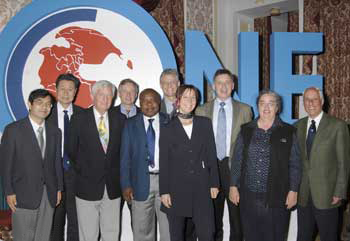
Following management team discussions about intellectual property rights (IPR)and data use, a report was written, agreed and ratified by the Steering Committee. The resulting IPR and data use policy is available.
After a period of growth and expansion with major support from two surveys, the OneGeology Steering Committee was challenged to drive forward the OneGeology initiative and determine its future development and focus. In August 2012, at the IGC in Brisbane, it was agreed that OneGeology would create a new consortium that would sign up to an agreement.
This was put into place and the first meeting of the consortium was held in Paris on 21 October 2013, where a significant step forward in assuring the long-term sustainability of OneGeology was taken. The meeting agenda items focused on the new objectives, consortium membership, appointment of board members, funding and governance structure.
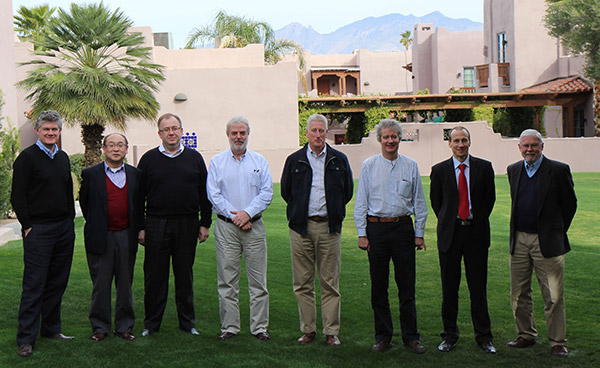
The Paris meeting paved the way to the next stage in the development of OneGeology, creator of the original global, online, geological 'map'. This next stage will be the global provision of open geological data on many more aspects of geoscience.
Before OneGeology, geological maps were available like jigsaw pieces. These are now being brought together in a seamless 'map' to cover the entire planet.
The next phase of the OneGeology initiative is to increase the openness and richness of the geoscience, not just 'map', data from individual countries to create a multithematic, global, geoscience dataset resource on the rocks beneath our feet. Authoritative information on hazards and minerals will help to prevent natural disasters, explore for resources (water, minerals and energy) and identify risks to human health on a planetary scale.
Since the Paris meeting, the elected Board, which is made up of representatives from geological survey organisations covering the seven regions (Asia; Canada and North America; Eurasia; Europe; Oceania; South Africa, and South America) plus the administration organisations, the British Geological Survey (BGS) and the French Geological Survey (BRGM), continue to meet regularly.
Back in 2016, the OneGeology Board canvassed for opinion about a new approach to address new challenges to work further towards its sustainability. The concept was to identify important, new, unifying challenges and concepts that a broad coalition wants to contribute to solve within the OneGeology platform.
The common communication of 3D geology seemed to be one key issue identified. The then-chair of the Board, Chris Pigram, addressed members identifying the potential for a consortium approach to address common 3D challenges faced by geological surveys and similar organisations. 3D is a natural domain for geoscience and it is becoming resolved at a national level, but this could be parochial with a lack of regional interoperability.
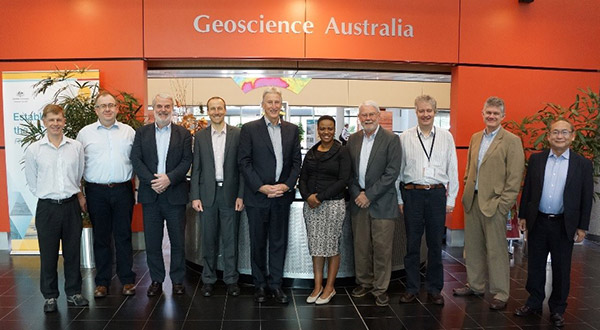
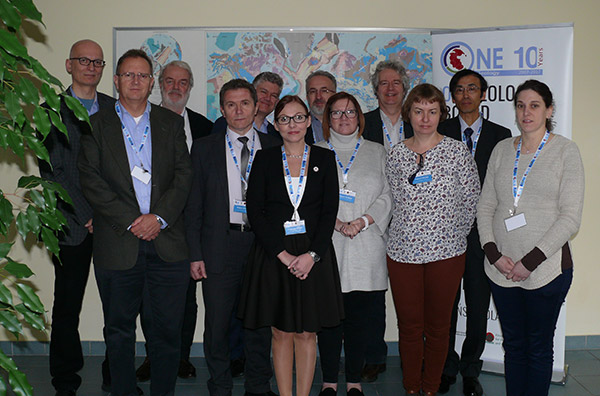
Due to retirement, the chair of OneGeology stepped down in December 2016. The OneGeology administration carried out a formal election to appoint a new chair. James Johnson, CEO of GeoScience Australia, officially became the new Chair of OneGeology in May 2017 and is very keen to continue with the 3D theme.
It was agreed at the Board meeting, hosted by the Polish Geological Institute (PGI) in Gdansk, Poland, during March 2017, that OneGeology would continue to work alongside a global group headed by Laurent Ailleres at Monash University in Australia, and interested parties, to take this concept forwards.
The OneGeology Board has made some changes to its Governance Model to increase and improve the representation of Principal Members. In line with those changes the new OneGeology Strategic Steering Committee held its kick off meeting at the Geological Survey of Sweden offices in Uppsala on 21-22 March 2019. during this meeting Tirza van Daalen director of the Geological Survey of the Netherlands (TNO) was elected to chair the Committee. See the actions and notes from this meeting for further details.
